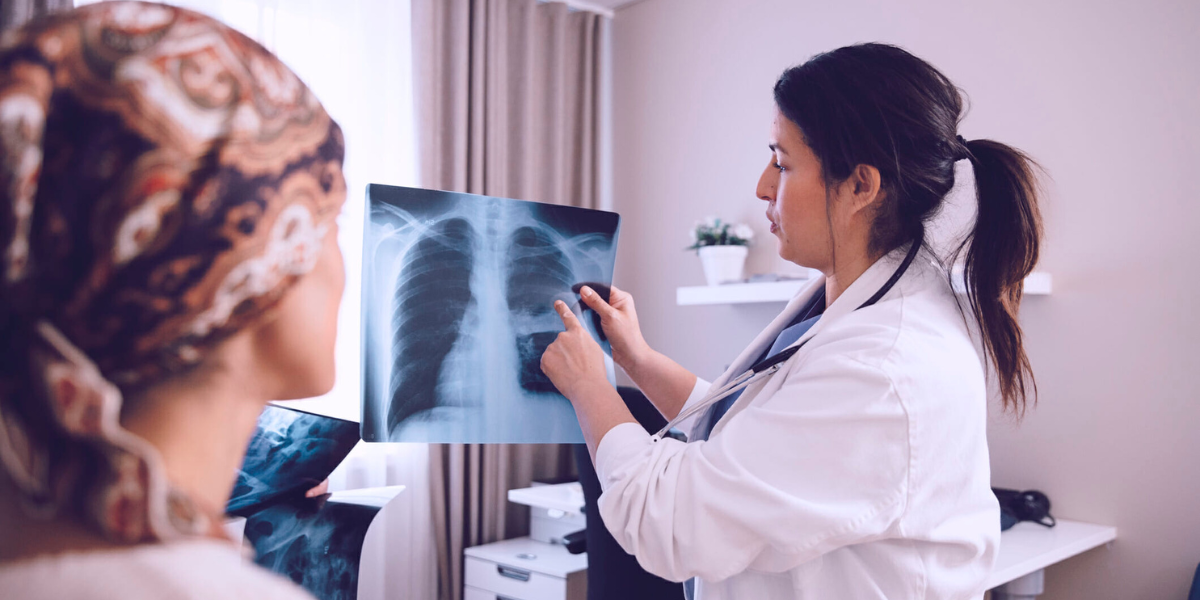Breast cancer remains a significant global health concern, with millions of women diagnosed each year. In response to this pressing issue, scientists have unveiled a groundbreaking development in cancer detection technology—a sensor capable of detecting breast cancer using saliva samples in a matter of seconds.
Table of Contents
The Global Burden of Breast Cancer
Breast cancer ranks among the most prevalent cancers affecting women worldwide, with staggering numbers reported by the World Health Organization (WHO). In 2020 alone, nearly 2.3 million women were diagnosed with breast cancer, leading to approximately 685,000 deaths globally. The alarming statistics underscore the urgent need for innovative approaches to early detection and treatment.
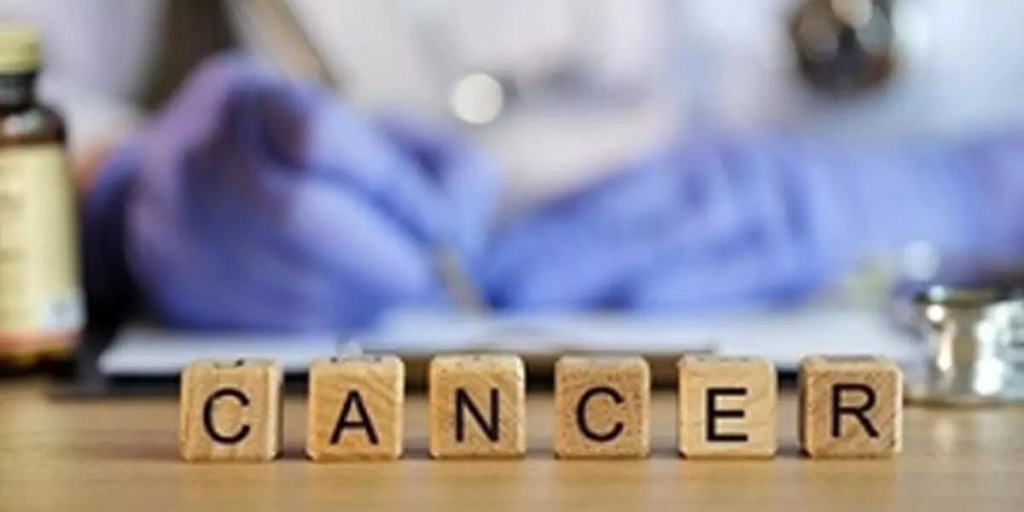
Early Detection: A Game-Changer in Cancer Care
Early detection remains pivotal in the fight against breast cancer, offering patients a higher likelihood of successful treatment outcomes. With the advent of the new sensor developed by an international team of scientists from the University of Florida and National Yang Ming Chiao Tung University in Taiwan, the landscape of breast cancer screening is poised for a transformative shift.
Introducing the Hand-Held Sensor:
The hand-held sensor represents a paradigm shift in cancer screening technology, offering unparalleled speed, affordability, and accuracy. With just a tiny sample of saliva, the sensor can provide results in a mere five seconds, revolutionizing the screening process and facilitating early intervention.
Innovative Biosensor Technology
At the heart of the sensor lies innovative biosensor technology, leveraging common components such as glucose testing strips and the Arduino hardware-software platform. By harnessing the power of specific antibodies and electrical pulses, the biosensor detects cancer biomarkers with remarkable precision, paving the way for swift and non-invasive screening methods.
A Cost-Effective Solution for Global Health Challenges
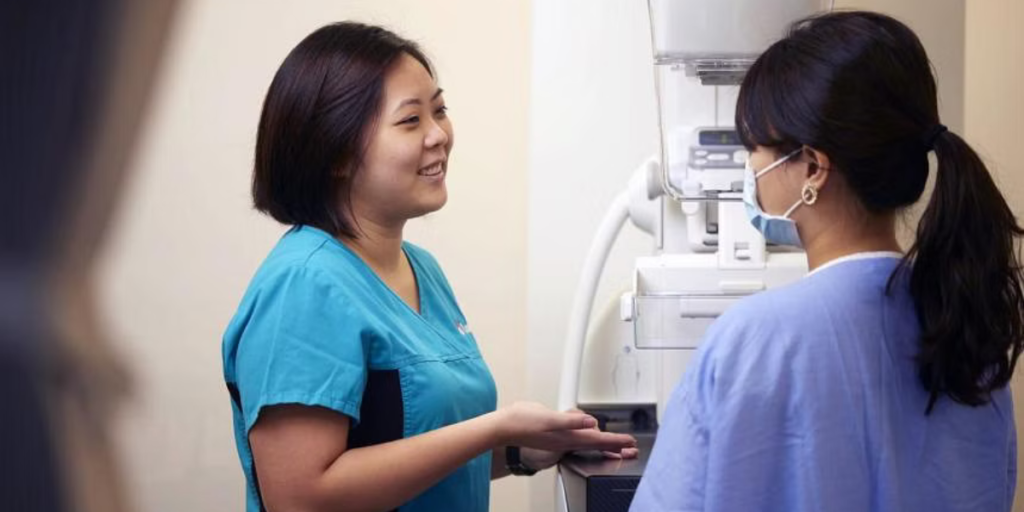
The implications of this breakthrough extend far beyond laboratory walls, offering a lifeline to communities worldwide, including those in resource-constrained settings. Unlike conventional screening methods such as mammograms and MRIs, which can be costly and inaccessible, the saliva-based sensor presents a cost-effective alternative, with test strips priced at mere cents and reusable circuit boards at $5.
Empowering Communities Through Accessible Screening
The portable and reusable nature of the sensor holds immense promise for expanding access to breast cancer screening in communities and hospitals around the globe. Its user-friendly design and rapid testing capabilities make it an invaluable tool in the hands of medical professionals, empowering them to detect cancer early and save lives.
A Future of Hope and Progress
As the findings of this groundbreaking research are published in the Journal of Vacuum Science & Technology , the scientific community celebrates a milestone in the fight against breast cancer. With continued innovation and collaboration, the path ahead promises new opportunities to transform cancer care and usher in a future where early detection is not just a possibility but a reality for all.
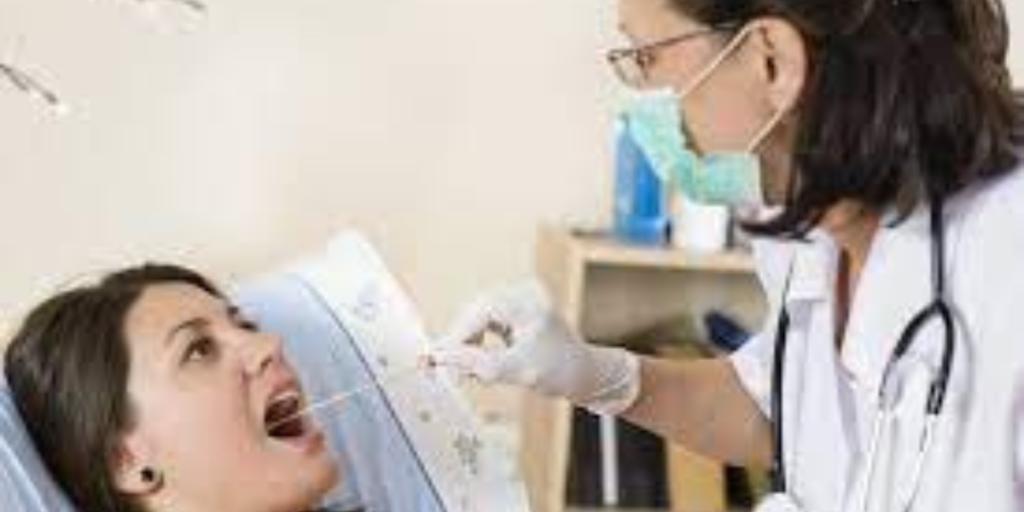
The Need for Early Detection
Breast cancer is a disease that affects millions of women worldwide. According to the World Health Organization (WHO), it is the leading cause of cancer-related deaths among women globally. The statistics are alarming, with millions of new cases reported each year and hundreds of thousands of lives lost to this disease. The key to improving outcomes
The introduction of the saliva-based sensor technology has the potential to catalyze significant societal and economic benefits on a global scale. By enabling widespread access to affordable and non-invasive breast cancer screening, particularly in resource-constrained regions, the sensor empowers individuals to take proactive steps towards their health and well-being. Moreover, early detection of breast cancer not only enhances treatment efficacy but also reduces healthcare costs associated with advanced-stage interventions and disease management.
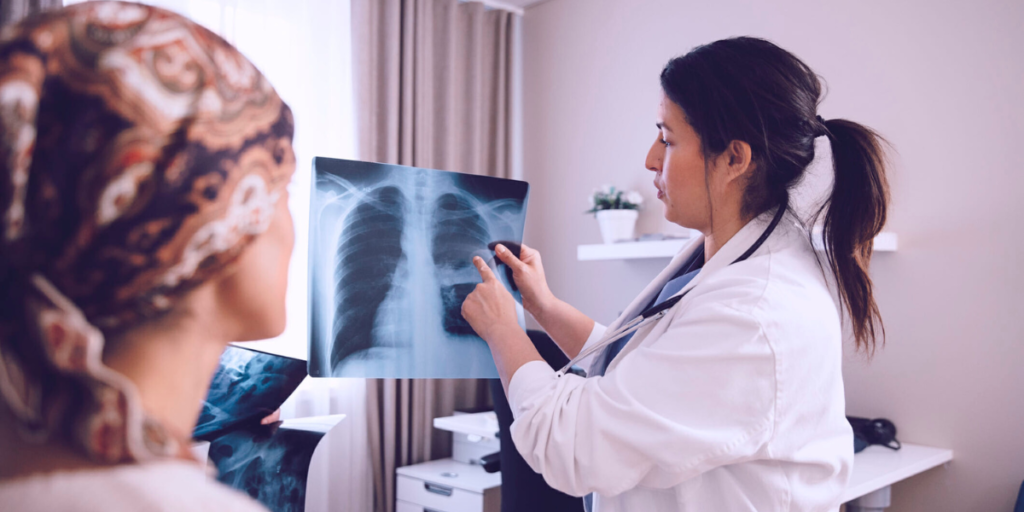
As communities and healthcare systems embrace this innovative approach to cancer screening, we envision a future where the burden of breast cancer is mitigated, lives are saved, and healthcare resources are utilized more efficiently, ultimately contributing to improved quality of life for individuals worldwide.

